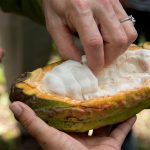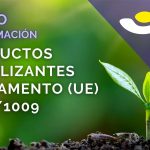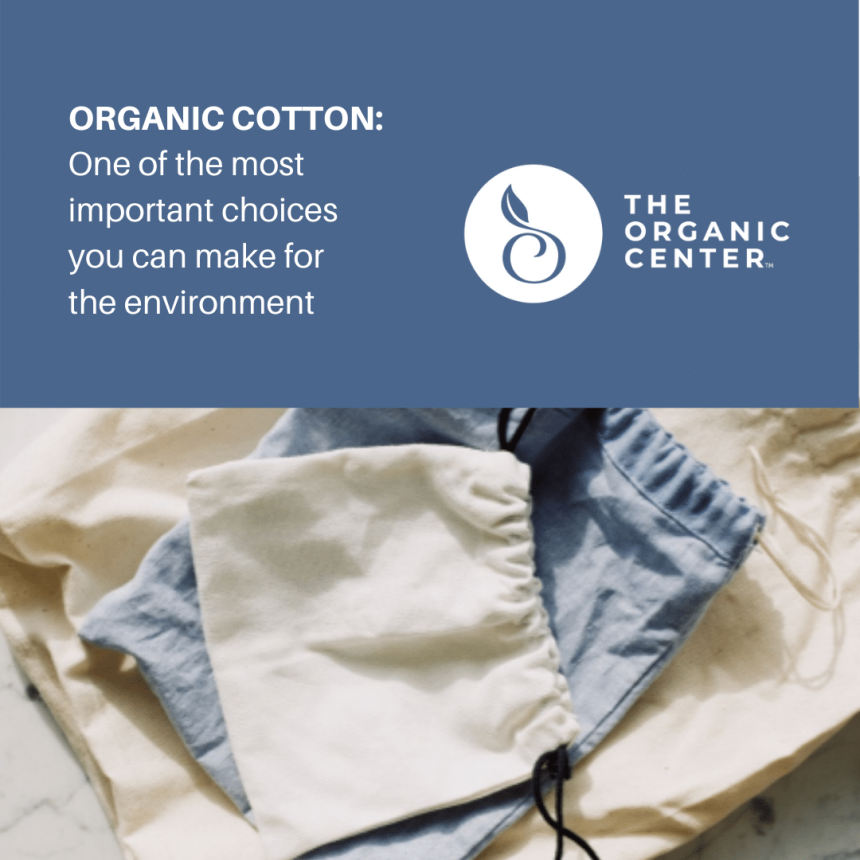Study by Iowa State with The Organic Center finds important environmental benefits
Cotton is grown throughout the world. But conventional cotton is a chemically intensive crop with serious consequences for the Earth’s air, water, soil, and climate – as well as the health of farm workers and cotton processors.* In contrast, organic cotton is grown, processed, dyed, and finished with methods that focus on building ecosystem health, and reducing the use of toxic pesticides, synthetic fertilizers and hazardous processing chemicals.
While a broad array of research has shown that organic production can provide significant environmental benefits, few studies have looked at the specific practices used by organic cotton growers and processors in the United States to document real-world impacts of those practices. Now, a new research collaboration between The Organic Center and Iowa State University, and funded by the Organic Trade Association’s Fiber Council, fills this gap by surveying organic cotton producers and processors to better understand the specific approaches and methods used in organic cotton production and processing, and the environmental impacts of those techniques. The Organic Center highlights the main findings here.
In spring 2019, a survey was sent out to 113 organic cotton producers and handlers in 12 states throughout the U.S. The survey asked respondents about the growth of organic and conventional cotton and their respective acreage, to rank pest issues encountered and prevalence of GMO contamination, and about production techniques and other challenges to growing and/or marketing organic cotton. The results showed a strong recognition by organic farmers of production practices that benefit the environment, and identified key pest management concerns as well as concerns with GM contamination, pesticide drift, weather, and organic seed sourcing.
“Organic cotton is a clear environmentally sound alternative to conventional cotton, and those ecological benefits are echoed throughout the production chain from farm to fashion,” said Jessica Shade, Director of Science Programs at The Organic Center.
What They Found
The findings, now published in the scientific journal Renewable Agriculture and Food Systems, cover some of the most recent research on the environmental benefits of organic cotton production, showing the importance of avoiding synthetic chemicals, the role of organic cotton when it comes to climate change mitigation, and the benefits of organic cotton to water and biodiversity. It highlights the beneficial practices used in organic cotton, from building soil health on the farm to using non-toxic methods of textile processing.
“This research is the first of its kind to not only highlight the environmental benefits of organic cotton production and processing, but also provides direct insight into grower and processor experiences through survey responses and interviews,” said professor and extension organic specialist Kathleen Delate at Iowa State University, who led the research.
Among the findings:
- Conventional cotton relies heavily on GMO herbicide-tolerant and Bt-cotton for managing pests. However, because GMOs are banned in organic production, organic farmers rely on a healthy ecosystem to manage pests, and use soil and biodiversity building techniques such as crop rotations, resistant and tolerant varieties, and fostering beneficial insects.
- Forty percent of surveyed farmers showed an increase in beneficial organisms on their farms since adopting organic practices.
- Instead of harmful synthetic pesticides and fertilizers, organic cotton farmers use cover crops like clover, rye and other crops as rotational crops to manage soil nutrition, soilborne diseases, and pests.
- Organic soil tends to be healthier – which can lead to climate change mitigation and boost the ability to adapt to extreme weather events such as drought and floods.
- Organic management can reduce water consumption in cotton. Many organic operations practice “dryland production” without irrigation. Of the organic growers surveyed in the study who use irrigation, many use technologies to reduce water use, such as drip irrigation.
- Instead of toxic synthetic defoliants (which are used in conventional production), organic producers use natural methods to mature cotton bolls, such as decreasing water availability.
- When it comes to cotton processing, organic processors certified to the Global Organic Textile Standards (GOTS) avoid the environmental footprint of toxic processing aids that are commonly used in conventional processing.
The study recommends that future research focus on overcoming the challenges organic growers and processors currently face: “Higher-yielding organic varieties and improved methods of organic weed management will contribute to a more robust organic cotton industry in the U.S. It is incumbent upon universities, NGOs and industry groups to work together towards the goal of creating an organic cotton sector steeped in the principles of ecology, health, fairness and care.”
The study confirms that organic cotton is an excellent environmental alternative to conventional production. Its findings reflect a solid base of past and ongoing research that organic cotton is critical for reducing pesticide use, preventing water contamination and reducing water use, supporting biodiversity, and helping to mitigate climate change.
“Organic cotton will continue to raise the environmental bar for all cotton production,” conclude the authors of the study.
A webinar on the study will be held on Wednesday, Feb. 17, at 1 pm EST. Join The Organic Center, and Iowa State’s Kathleen Delate, PhD, for a discussion of the scientifically backed, full system ecological benefits of organic cotton, and hear from the Organic Trade Association’s Fiber Council on the group’s work to advance organic cotton and other textiles. There is no charge to attend the webinar, but registration here is required.
The Organic Center is a small organization achieving big results by sharing (In)credible science, credibly sourced. For more information on The Organic Center, visit www.organic-center.org.
*“When compared to other commodity crops, [conventional] cotton ranks as the third greatest user of agricultural chemicals in the U.S.,” notes the study. “In the United States alone, approximately 48 million pounds of pesticides were used on approximately 12.6 million acres of cotton planted in nine states in 2017… 29.5 million pounds of herbicides, 4.5 million pounds of insecticides, 28,000 pounds of fungicides, and 13.9 million pounds of “other” pesticides and defoliants…Many of the insecticides, nematicides, fungicides, herbicides, desiccants and defoliants used in producing a conventional cotton crop have been associated with environmental and health problems.”
The Organic Center’s mission is to convene credible, evidence-based science on the health and environmental benefits of organic food and farming and to communicate the findings to the public. The Center is an independent non-profit 501(c)(3) research and education organization operating under the administrative auspices of the Organic Trade Association.










